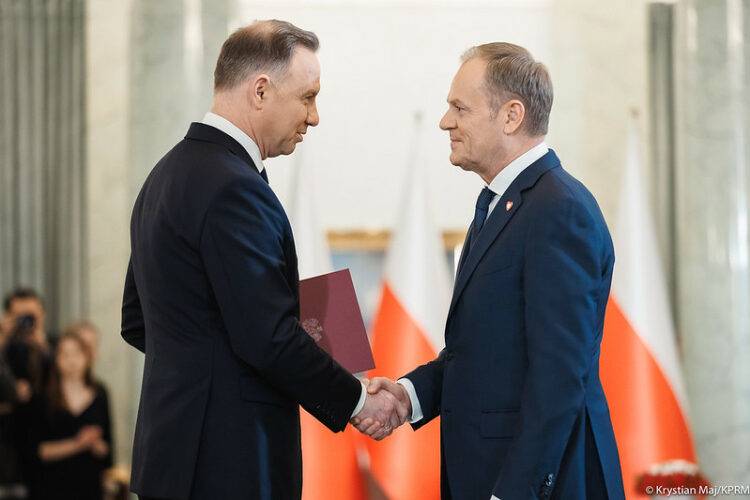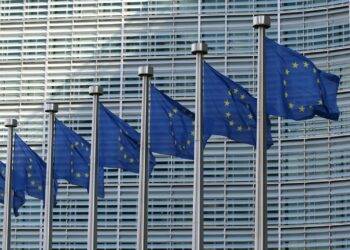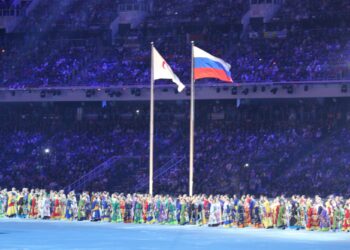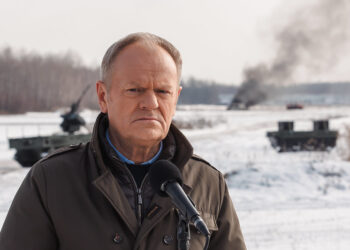In an announcement that has captured the attention of both national and international observers, Poland’s political leaders, Prime Minister Donald Tusk and President Andrzej Duda, are scheduled to meet with U.S. President Joe Biden on March 12. This meeting, set against a backdrop of heightened geopolitical tensions and domestic political dynamics, prompts speculation regarding the ability of Tusk and Duda to maintain a civil and unified front, amidst their well-documented political differences.
- More News from Poland on our Homepage.
- Sign up to our Newsletter
The upcoming dialogue in Washington is poised to address pivotal issues ranging from security concerns to economic cooperation. For Poland, a country strategically located at the crossroads of Europe, the talks with President Biden hold profound implications for its future direction, especially in light of the ongoing tensions in Eastern Europe.
Despite the significance of the meeting, speculation abounds regarding how Duda and Tusk will navigate their interactions without succumbing to political barbs. Historically, the two leaders have represented opposing poles within Poland’s political spectrum, with Duda aligned with the formerly ruling Law and Justice party (PiS) and Tusk heading the Civic Platform (PO), a key partner in the current coalition.
The political landscape in Poland, characterized by the longstanding rivalry between Duda and Tusk, adds a layer of complexity to the forthcoming discussions in Washington. Analysts highlight the critical importance of this meeting, not only for bilateral relations between Poland and the United States but also for the broader strategic alliances within NATO and the European Union. The ability of Tusk and Duda to set aside their differences and present a cohesive strategy will be crucial in addressing topics of mutual interest, including security, defense cooperation, and economic ties.
As they prepare for their joint appearance on the international stage, both Duda and Tusk are under pressure to set aside partisan interests in favor of the broader national agenda. The primary focus is expected to be on strengthening Poland’s security, bolstering economic ties with the U.S., and reinforcing Poland’s role as a pivotal NATO member.
Observers are keenly watching to see if Tusk and Duda can rise above personal and political differences to leverage this opportunity for the benefit of Poland’s national interests. The meeting with President Biden represents a pivotal moment for Poland to affirm its position as a key ally within the transatlantic partnership, necessitating a display of diplomatic finesse and solidarity from its leaders.
For the United States, the meeting underscores the Biden administration’s commitment to reinforcing alliances with Central and Eastern European nations, particularly in light of ongoing challenges to regional security and stability. Poland’s strategic importance as a NATO member and its role in addressing regional security threats make the discussions on March 12 all the more critical.
Interestingly, reports indicate that no special consultations between the government and the presidential palace are planned ahead of the U.S. visit. This approach suggests a reliance on the professionalism and diplomatic acumen of both leaders to ensure the meeting’s success.
As March 12 approaches, the anticipation builds not only regarding the outcomes of the discussions but also the interpersonal dynamics between Tusk and Duda. The world will be watching closely as these leaders navigate the diplomatic tightrope, balancing internal rivalries with the imperative of national and international priorities.

















